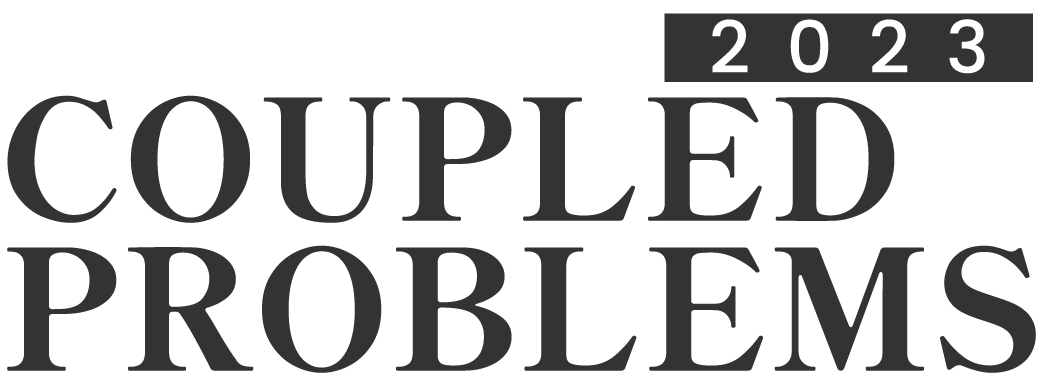

IS26 - Structure-preserving discretization methods for Coupled Problems
The design of structure-preserving numerical methods for coupled problems has become
an increasingly attractive research field in recent years. Structure-preserving schemes
come with the promise of enhanced numerical stability and robustness. They can be
viewed as an extension to coupled dissipative systems of conserving schemes which were
previously developed in the context of conservative Hamiltonian systems with symmetry.
The coupling of several fields makes the design of structure-preserving schemes
particularly demanding. On the other hand, the interaction of different fields may cause
numerical instabilities when applying standard discretization techniques. Structurepreserving methods have the potential to correctly reproduce coupling effects in the
discrete setting and are thus less prone to numerical instabilities.
The space-time discretization of coupled problems is strongly affected by the way in
which the underlying field equations are written, including the choice of variables. The
structure of the underlying balance laws is built into specific descriptions such as
GENERIC or the port-Hamiltonian formulation which thus might be of advantage for the
design of structure-preserving schemes.
The present Session aims at bringing together researchers from different fields dealing
with the design of structure-preserving space-time discretization methods for coupled
problems. Applications may focus on both dissipative solids as well as fluids. Specific
applications may deal with, among others, large-strain thermo-elasticity, electro-thermoelastodynamics, soft magnetoactive materials, polyconvex electro-mechanics, thermoelectro-viscoelasticity of dielectric elastomers, shallow-water flow problems, or complex
fluids.

